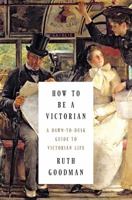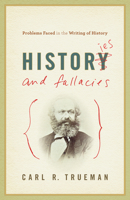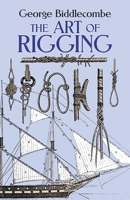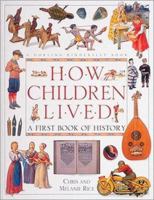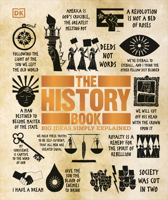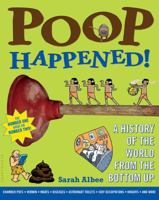Resurrectio Divi Quirini Francisci Baconi, Baronis de Verulam, Vicecomitis Sancti Albani: CCLXX Annis Post Obitum Eius, IX Die Aprilis Anni MDCXXVI. (Pro Manuscripto.)
Select Format
Select Condition 
You Might Also Enjoy
Book Overview
No Synopsis Available.
Format:Hardcover
Language:English
ISBN:135933386X
ISBN13:9781359333865
Release Date:May 2016
Publisher:Palala Press
Length:32 Pages
Weight:0.50 lbs.
Dimensions:0.3" x 6.1" x 9.2"
Related Subjects
Administration & Medicine Economics Administration & Policy Basic Sciences Business Business & Finance Business & Investing Communication & Media Studies Education & Reference Ethics General Health Care Delivery Health, Fitness & Dieting Health, Fitness & Dieting Industries & Professions Medical Medical Books Medical Ethics Medicine Medicine & Health Sciences Pharmacology Politics & Government Politics & Social Sciences Public Affairs & Policy Research Social Science Social Sciences Social Services & Welfare Spy Stories & Tales of Intrigue Textbooks ThrillersCustomer Reviews
4 customer ratings | 4 reviews
There are currently no reviews. Be the first to review this work.















